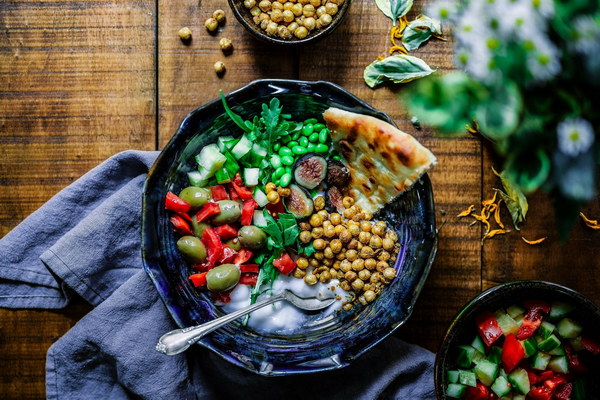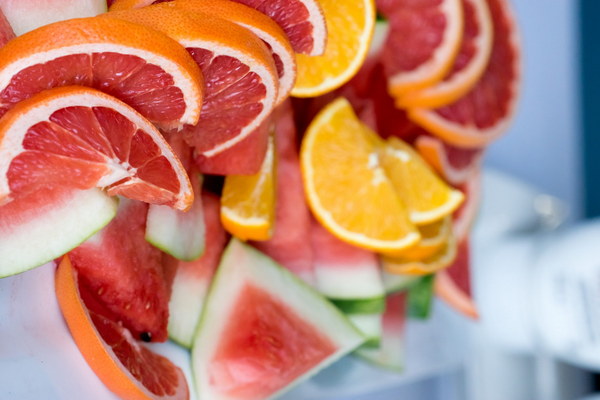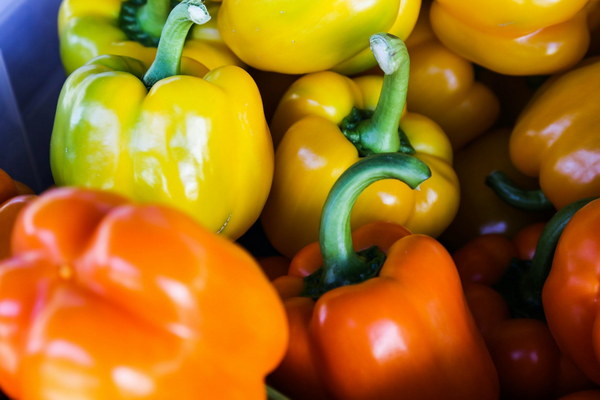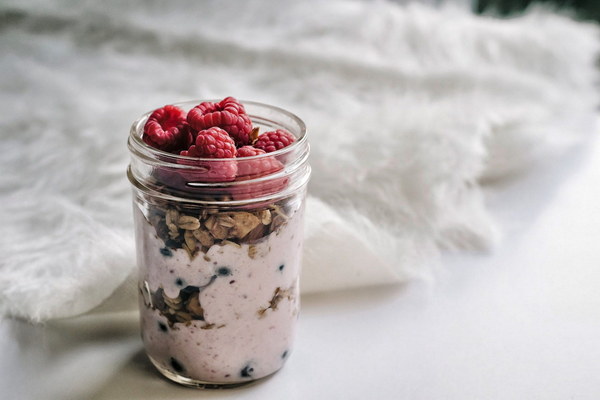Revitalize Your Life with the Ancient Art of Yinyang Nutrition A Journey into Traditional Chinese Health Practices
In the realm of traditional Chinese medicine, the concept of Yinyang, or the balance of opposites, plays a crucial role in maintaining overall health and well-being. One of the most profound ways to harmonize this balance is through the practice of Yinyang nutrition, which focuses on nourishing the Yuan Yang, or the vital essence, within the body. This ancient art has been passed down through generations, offering a holistic approach to health that emphasizes the importance of food as medicine.
The essence of Yinyang nutrition lies in understanding the properties of food and how they interact with the body's internal environment. By choosing the right foods, individuals can enhance their Yuan Yang, boost their immune system, and prevent diseases. In this article, we will explore the principles of Yinyang nutrition and provide you with practical tips to incorporate this ancient wisdom into your daily life.
1. Understanding Yuan Yang and its importance
Yuan Yang, also known as Jing or vital essence, is the fundamental substance that fuels our physical, mental, and spiritual well-being. It is the root of our energy, and its depletion can lead to weakness, fatigue, and illness. In Yinyang nutrition, the goal is to nourish and strengthen Yuan Yang by consuming foods that align with its properties.
2. The five elements and their relationship to Yinyang
In traditional Chinese medicine, the five elements—wood, fire, earth, metal, and water—play a vital role in the functioning of the body. Each element corresponds to specific organs and tissues, and the foods associated with each element have unique properties that can nourish the corresponding organs and enhance Yuan Yang.
For instance, foods associated with the wood element, such as leafy greens, help nourish the liver, which is responsible for the storage and distribution of Yuan Yang. Similarly, foods linked to the fire element, like red fruits and vegetables, support the heart, which governs the flow of energy in the body.
3. Choosing the right foods
To nourish Yuan Yang, it is essential to select foods that are appropriate for your individual constitution and the specific season. Here are some general guidelines:
- Warm and nourishing foods: These foods, such as root vegetables, nuts, and seeds, help build and maintain Yuan Yang. Examples include ginger, cinnamon, and ginseng.
- Fresh and cooling foods: In hot weather, consuming foods that have a cooling effect can prevent the depletion of Yuan Yang. These include fruits like watermelon, peaches, and apples, as well as vegetables like cucumbers and spinach.
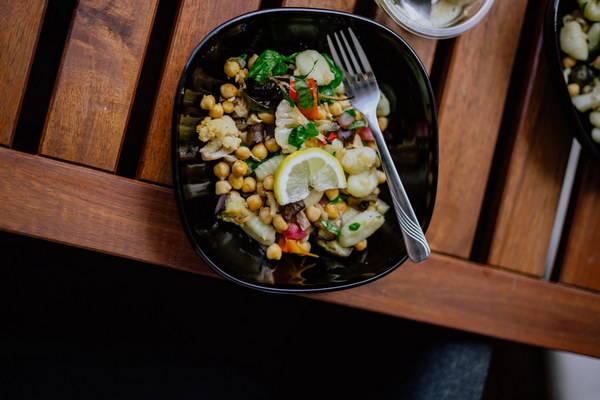
- Seasonal foods: Eating locally-sourced, seasonal produce ensures that you receive the maximum nutritional benefits and support the natural balance of Yuan Yang throughout the year.
4. Incorporating Yinyang nutrition into your diet
To integrate Yinyang nutrition into your daily life, consider the following tips:
- Balance your plate: Include a variety of foods from the five elements to ensure that your body receives the necessary nutrients to maintain Yuan Yang.
- Cook with intention: Use herbs and spices that align with the properties of the food and season to enhance the nourishing effects of your meals.
- Listen to your body: Pay attention to how different foods make you feel. If certain foods cause discomfort or illness, it may be an indication that they are not in harmony with your body's Yinyang.
- Practice mindfulness: Savor your meals, appreciate the flavors, and connect with the act of nourishing your body and soul.
By embracing the principles of Yinyang nutrition and focusing on nourishing your Yuan Yang, you can experience improved health, vitality, and a deeper sense of well-being. The ancient wisdom of Yinyang nutrition offers a timeless and profound approach to health that can enrich your life and contribute to a longer, happier existence.



